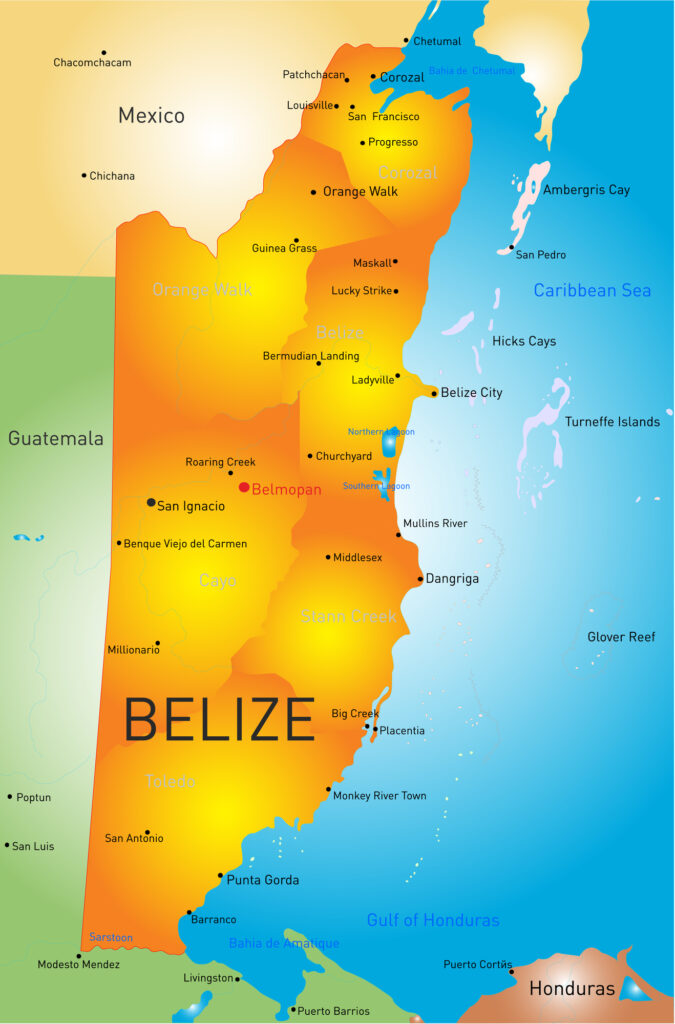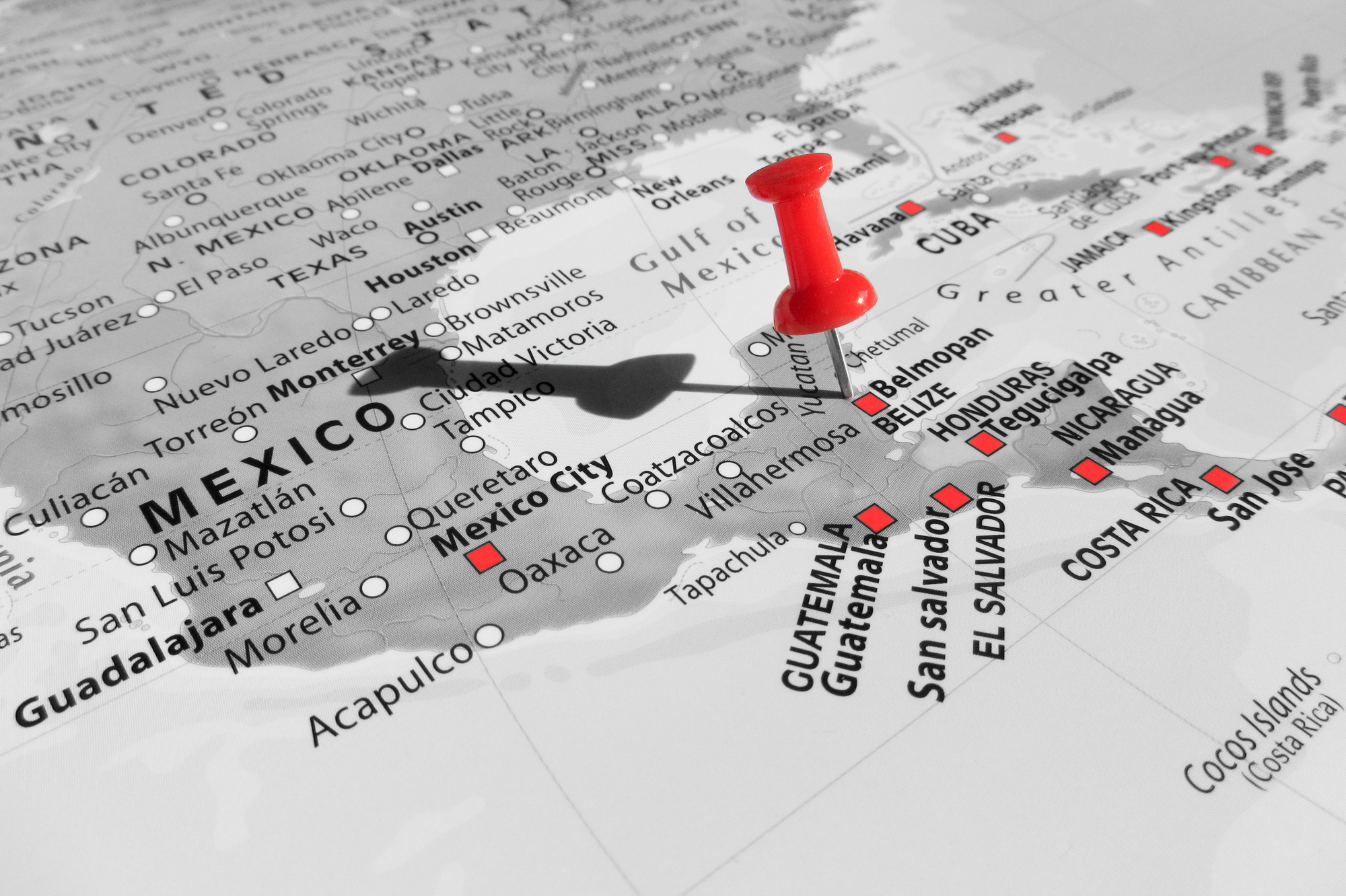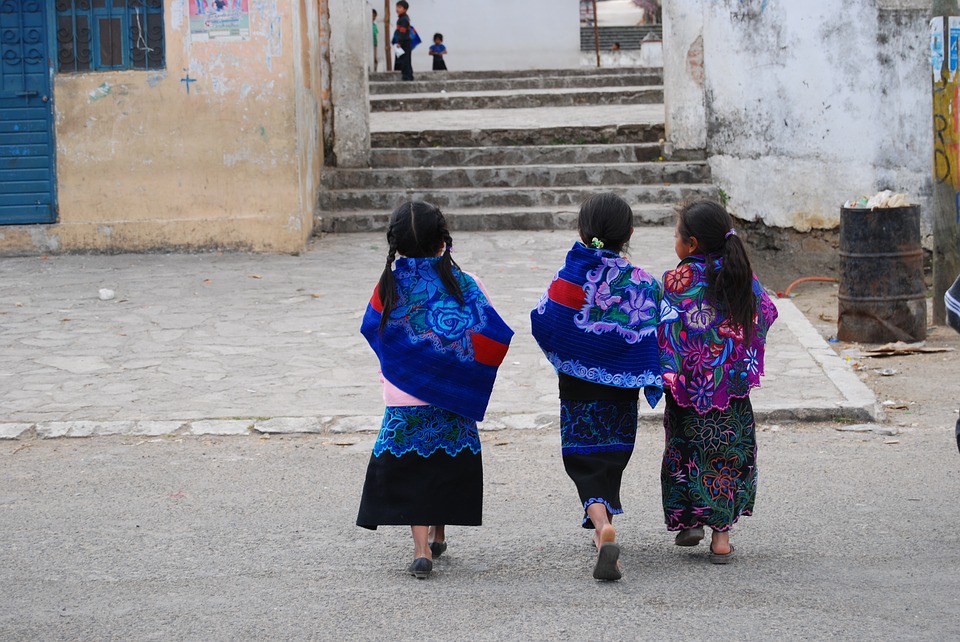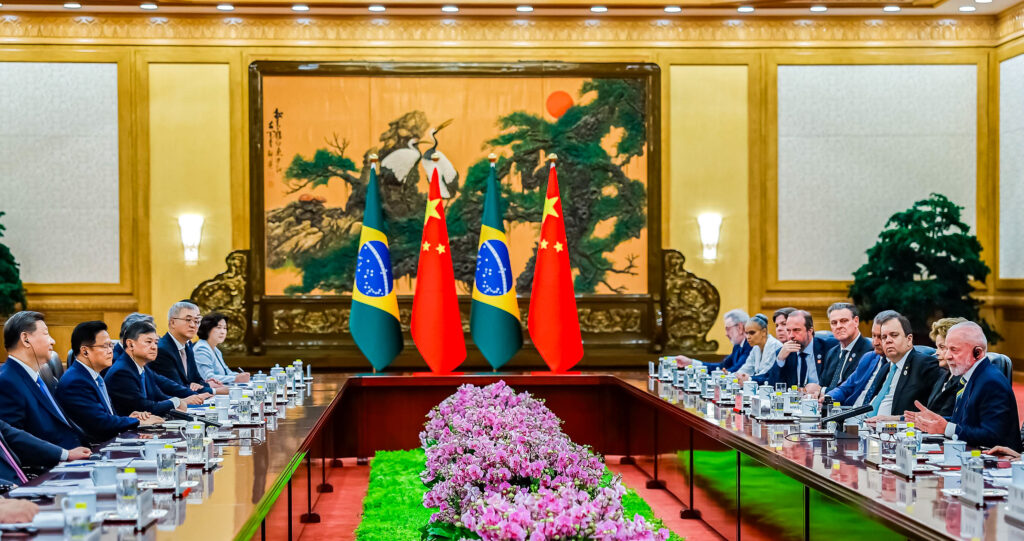The Central American republic of Guatemala has, since the mid-1800s, claimed much of the land governed by neighboring Belize – at times even claiming the whole country as Guatemala’s own territory. Now, after decades of tension and both countries on the brink of armed conflict, the governments of Guatemala and Belize have decided to take the issue to the UN’s International Court of Justice (ICJ).
“The territorial and maritime dispute between Belize and Guatemala was inherited by both countries from their previous colonial powers, the United Kingdom and Spain. Following its conquest of the region, Spain claimed sovereignty over all of Central America. The British settlers and their slaves first arrived in present-day Belize in the 17th century, but they were considered outlaws by Spain. The Spanish crown signed several treaties with Great Britain during the 18th century, granting certain rights to the settlers but retaining sovereignty,” explained Victor Bulmer-Thomas, an honorary professor at University College London’s Institute of the Americas, to World Politics Review (WPR).
“[The conflict] between the two countries goes through two processes of independence,” explained Latin American politics specialist Lucas Berti in an interview with Latin America Reports. Guatemala’s independence came in 1821 and since then, Guatemalans have not recognized Belize as a territory outside their jurisdiction; while Belize’s independence from the United Kingdom came over a century later in 1981.

Berti added that “in 1859, the government of Great Britain persuaded the Guatemalan government to sign a treaty, the Anglo-Guatemalan treaty, dividing the territory, on one side the independent Guatemala and on the other, the colony of British Honduras that only became known as Belize in 1973.”
Guatemala did not recognize Belize’s independence and began to claim the territory of the neighboring country beyond the portion divided upon the century-old agreement. After years of latent conflict, in 2008, both countries finally decided to settle the dispute once and for all.
Berti explains that “in 2008, the two countries pledged to resolve the conflict within ten years and in 2018, consultations began in popular referendums, asking the respective inhabitants if they believed that the case should be submitted to the International Court of Justice (ICJ)”.
For over a century, Belize has denied Guatemala’s claims, but in exchange for putting the issue to rest, has agreed to let the court redraw its borders – in case of a decision favoring Guatemala.
Speaking to WPR, Bulmer Thomas asserted that Belize’s claim will likely prevail, “given that the 1859 treaty was ratified by both sides and implemented by Guatemala for 80 years; that Guatemala has never occupied any part of Belize; and that Belize’s boundaries have been recognized by virtually all independent states, it can almost certainly be assumed that the court’s final ruling will confirm the current territorial boundaries of Belize.”
Despite an extremely low voter turnout in Guatemala (only 27 percent of the population voted), the referendum to allow ICJ to decide on the dispute was passed with a majority of 96 percent. In Belize, where the turnout was significantly higher with 65 percent of the population, the ICJ referendum passed by a much narrower margin with 55 percent accepting ICJ’s mediation.
Read more: A comprehensive guide to Guatemala’s anti-corruption commission
According to Bulmer-Thomas in an interview with Latin American Reports, whatever’s ICJ decision, both countries will have to accept the verdict, otherwise “the United Nations Security Council is empowered to enforce the ruling if needed but it has never happened in the history of the court.”
Depending on the actions taken, such a verdict could be beneficial in calming the diplomatic relations between the two countries, Berti presumes. “Conflicts of this nature, even though they may spend most of their time asleep, can resurface in a dangerous way,” he said. “The ICJ has already played a large part in helping to resolve disputes in the region” explains Bulmer-Thomas to Latin America Reports, but there are doubts if the resolution of this particular conflict might set a path towards consensus for the whole region.










